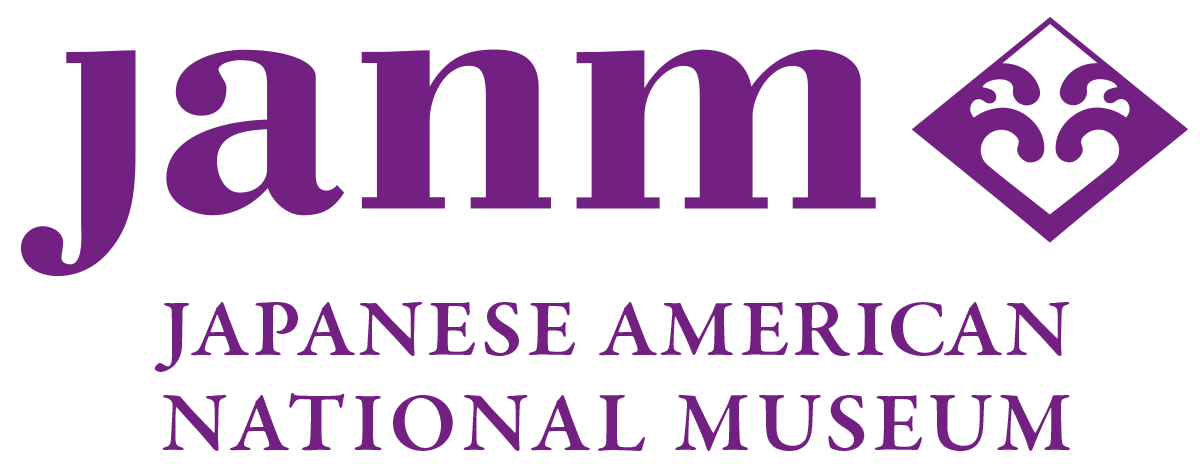FOR IMMEDIATE RELEASE - October 26, 2010
PRESS CONTACTS:
Chris Komai - ckomai@janm.org - 213-830-5648

BUSINESS ETIQUETTE EXPERT GRACE ETSUKO LEE TO DISCUSS GROWING UP AS OUTSIDER IN TATEUCHI PROGRAM ON NOV. 13
Daughter of African American Father, Japanese Mother Learned to Bridge Two Cultures
Grace Etsuko Lee, an internationally recognized corporate consultant, speaker and trainer specializing in business relations between the United States and Japan, will discuss her own life as someone who bridged two cultures and will provide basic tips to avoid mistakes in cross cultural business dealings at a special public program set for Saturday, November 13, beginning at 2 p.m., at the Japanese American National Museum’s Tateuchi Democracy Forum. This program is organized by the Atsuhiko & Ina Goodwin Tateuchi Foundation in partnership with the Japanese American National Museum.
As part of the program, "Bridging Two Cultures", Ms. Lee will first discuss her own life growing up in post-war Japan as the daughter of an African American father and Japanese mother. Grace’s own grandmother took extreme steps to ensure that Grace’s mother Etsuko had no other children, while Grace’s mother raised her daughter with the thought that she would never marry because she was bi-racial.
"I understood at an early age that I was different and ugly," Grace writes in her autobiography, Little Caterpillar in Training: A Culture in Transition and Its Mixed Child in Post-war Japan. "No one had to tell me. I looked nothing like the ideal Japanese beauty. In Japan, sometimes people would cross the street when they saw me coming or would get up and leave if I sat next to them on the bus."
Her father, Alfred Samuel, who was from the American Virgin Islands, took a different approach. "They’re staring ‘cause we’re good looking," he would tell his daughter. "It took me a long time to understand my father because I saw the world through the eyes of a Japanese person," Grace explained.
Unfortunately, her father died suddenly when Grace was 13. Her mother, feeling that their life in Japan would be impossible without Alfred, chose to move to Los Angeles. Grace attended both Roosevelt and Dorsey high schools and discovered that after not being considered Japanese in Japan, she was now considered too Japanese in America, especially by her Japanese American schoolmates. "They looked Japanese," Grace recalled, "but none of them spoke it. They didn’t want anything to do with being Japanese. They were all Americans."
She also had difficulties with her African American peers at Dorsey, which was even more perplexing. "Why did the black kids at Dorsey have no room for me?" she wondered. "Why did they not like my skin color? What did the black people find distasteful to be light?" One of her classmates even wanted to fight her after school.
From her early experiences and then her career as a business etiquette consultant, Grace has spent much time considering the many reasons for cultural misunderstandings. "Father made it clear that the prejudice we experienced in Japan was mostly because they didn’t know any better," Grace observed. "Mother always said to me in Japanese when people acted impolitely, 'Feel sorry for those who don’t know how to act because they were not educated or taught.' "
The second part of the program will focus on how to act polite and proper, especially for non-Japanese doing business in Japan. Ms. Lee, who owned an international marketing company for 20 years that imported, exported, marketed and distributed goods from Japan to the U.S., has had many experiences with the problems the cultural misunderstandings can create. Greetings between people from both countries are often awkward, so Grace will provide basic etiquette lessons for both sides at the program.
After the program, Grace will sign her book (which will be available for sale) at a light reception. The program is free and open to the public. For more information about Grace Etsuko Lee, go to www.graceleeinternational.com.
